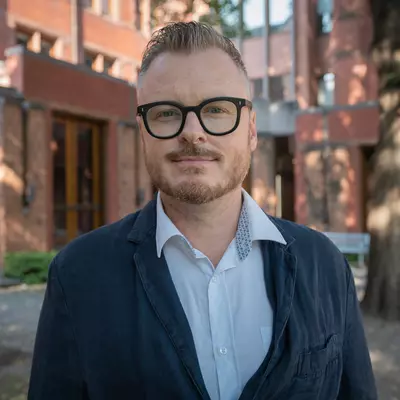
Vishing and Loan App Scams: Mobile Money Distribution in Digital India
September 20, 2024 | 2:00PM - 4:00PM
|
In-person
This event will take place in room 208N, North House, 1 Devonshire Place, Toronto, ON, M5S 3K7
ABOUT THE TALK
Rural unemployed youth of the Jamtara district in Jharkhand impersonate bank officials and call customers in Indian cities, asking for their card details and explaining this information is required to offer the valuable customers particular gifts. The digital money from the duped customers’ account gets routed to e-wallets and the Jan Dhan accounts of the village elderly, bank accounts that were initially opened as part of financial inclusion drives. Such credit cards scams based on mobile voice-based phishing (vishing) operations have become rampant and have been made possible by the entry of the 4G cell towers in Jamtara and other rural areas of India.
Some predatory micro-loan apps promise money to the “unbanked” who have no prior credit histories, but the hidden rider is that they gain access to the user/customer’s mobile phone data including WhatsApp contacts. As mobile payments get exchanged for WhatsApp socialities, distribution networks become places where money becomes data and data becomes money. The phone data permissions initially asked for during the loan onboarding process are similar for both predatory and legitimate loan apps. The predatory loan apps use such data for making threatening calls as part of recovery tactics while the legitimate lending platforms use it to assess whether a customer with thin credit file is a worthy borrower based on their social media activity and phone records. This not only makes consent at the app interface a crucial practice but also requires an examination of platform backends where third-party software development kits operate on customer data.
This talk examines the ways that vishing scams and loan app scams have entangled themselves with “financial inclusion” schemes based on mobile money circulations in "Digital India” since the notebandi (demonetization) drive of 2016.
ABOUT THE SPEAKERS
Rahul Mukherjee is Associate Professor of TV and New Media in the Department of Cinema & Media Studies at University of Pennsylvania and Graduate Chair of the program. His research focuses on the logistical and environmental dimensions of digital infrastructures and platforms. Rahul is the author of Radiant Infrastructures: Media, Environment, and Cultures of Uncertainty (DUP, 2020). He is presently completing his second book Unlimited: Aspirational Politics and Mobile Media Distribution (to be published with MIT Press, Fall 2025). His essays have been published in Critical Inquiry, Science, Technology & Human Values, and Journal of Visual Culture. He has co-edited journal special issues regarding platformization of everyday life in India (Asiascape: Digital Asia) and superapps and megacorps (Media, Culture & Society). Rahul is currently working on two projects: the use of "alternative data" in fintech (loan app decision-making) and discourses around IoT-based agriculture monitoring systems.
Francis Cody (Chair) is an Associate Professor in the Department of Anthropology and the Asian Institute at the University of Toronto, where he is the Director of the Dr. David Chu Program in Contemporary Asian Studies and the Centre for South Asian Studies. He has been teaching at U of T since 2008. His research focuses on language, politics, and media in southern India.
Sponsored by the Centre for South Asian Studies, Asian Institute

